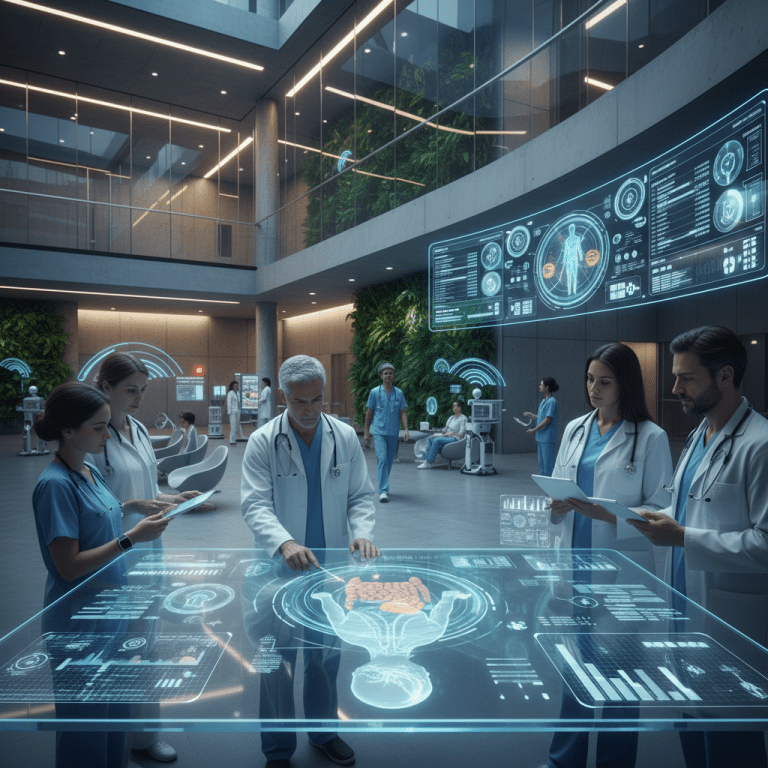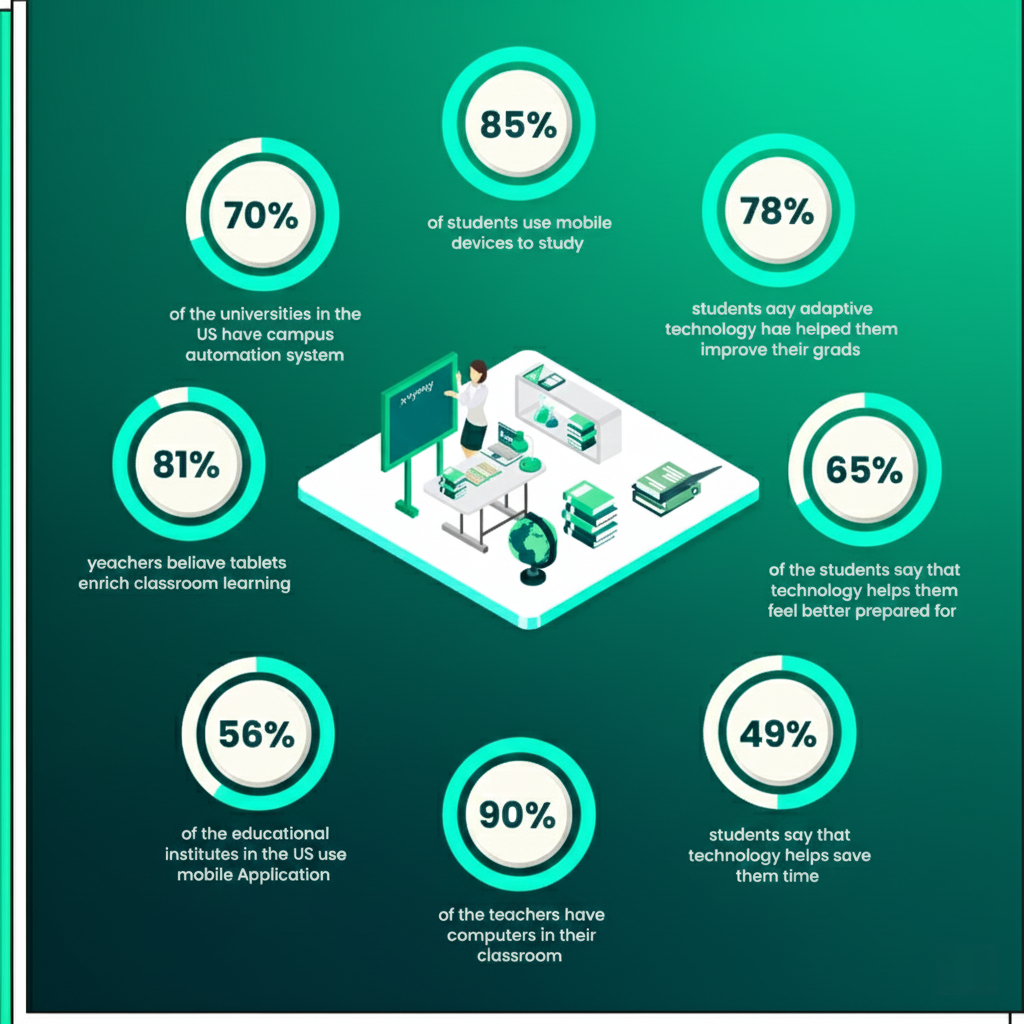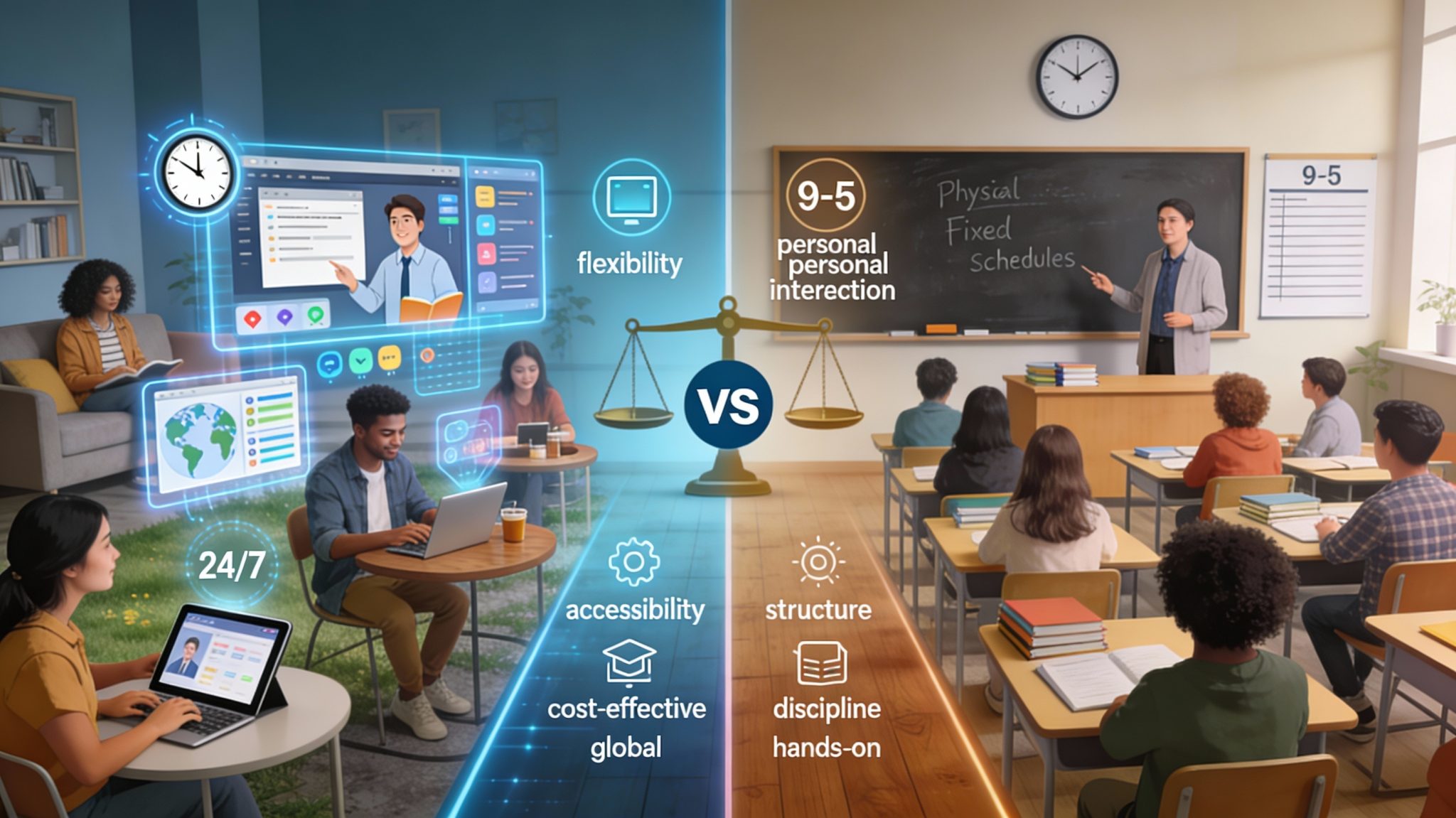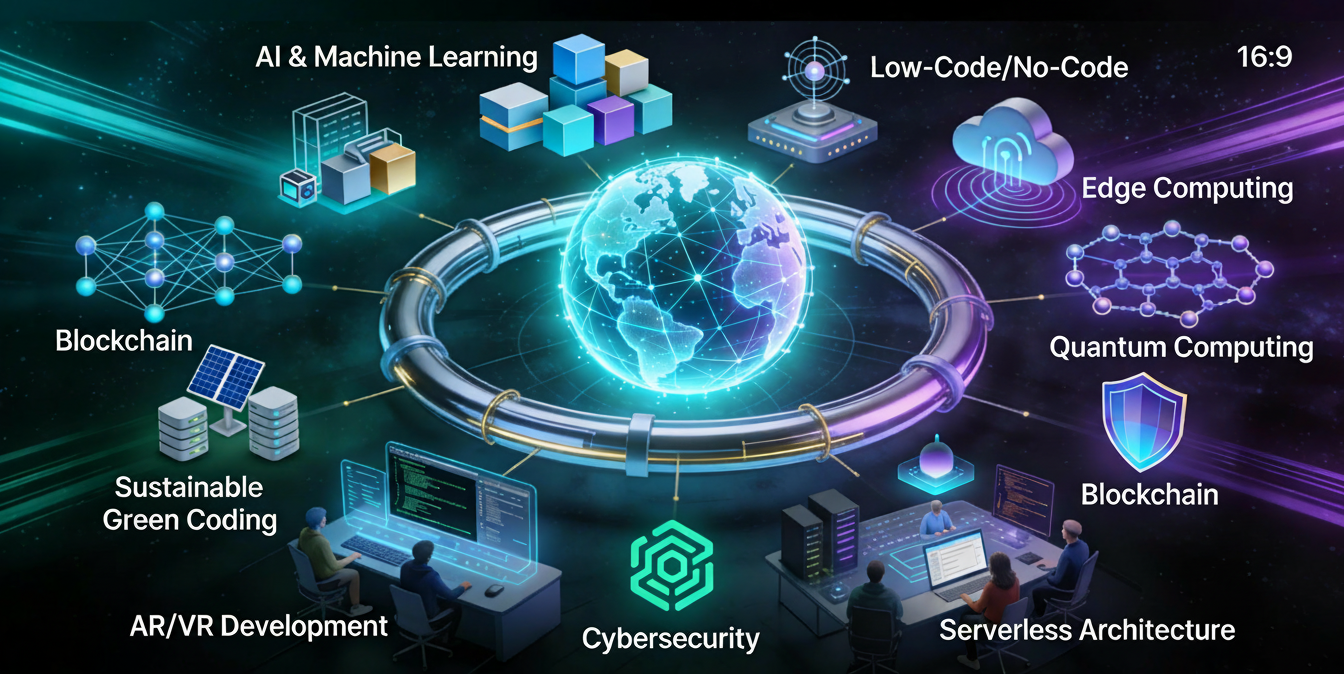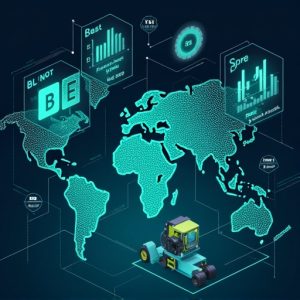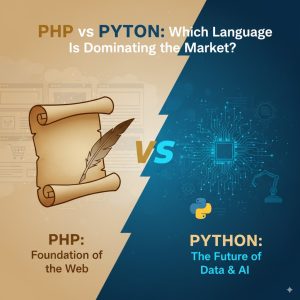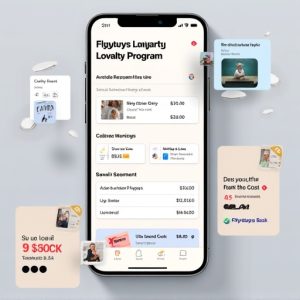Introduction
Machine learning (ML) is redefining the healthcare sector worldwide, enabling medical professionals to deliver smarter, faster, and more personalized care than ever before. By analyzing vast amounts of medical data, ML algorithms are transforming how diseases are diagnosed, how treatments are personalized, and how hospitals operate. With predictions indicating the global healthcare AI market will exceed $600 billion by 2034, there’s no better time to explore how machine learning is reshaping the entire industry.
Transformative Applications of Machine Learning in Healthcare
Early Disease Detection and Accurate Diagnosis
Machine learning’s pattern recognition strength allows it to analyze genetic data, medical images, and electronic health records to detect diseases at earlier stages. Advanced ML models interpret X-rays, MRIs, and CT scans for abnormalities that might escape the human eye, boosting detection rates for cancers, cardiovascular diseases, and neurological disorders.
-
Example: AI-enabled breast cancer risk assessment models can predict malignancy up to 10% more accurately than traditional methods.
-
Impact: Earlier intervention, higher survival rates, and improved patient outcomes.
Predictive Analytics for Personalized Treatment
By processing a patient’s entire health history, ML identifies patterns that correlate with optimal treatments. This accelerates precision medicine, where therapies are selected based on an individual’s genetic, lifestyle, and environmental factors.
-
Example: Oncora Medical uses ML to tailor cancer treatment regimens, dramatically improving effectiveness.
Drug Discovery and Development Acceleration
Traditional drug discovery is slow and expensive. ML streamlines the development process by predicting how drugs interact with biological systems, identifying promising compounds, and reducing time to market. This advances new treatments for diseases like cancer, diabetes, and rare disorders.
Streamlining Hospital Operations
Hospitals are using ML to forecast patient admissions, optimize staff scheduling, manage inventory, and automate billing—improving overall operational efficiency and patient experience.
-
Example: Historical data and ML models help hospitals anticipate patient influx, minimizing wait times and resource shortages.
Improving Prescription Accuracy
ML-based systems alert clinicians to potential drug interactions, allergies, or risky dosages, reducing adverse drug events and ensuring safer care.
Real-Time Patient Monitoring
With wearable devices, ML analyzes vital signs and behavioral data, flagging complications and enabling proactive interventions for chronic conditions.
Benefits of ML in Healthcare
| Benefit | Description |
|---|---|
| Early Disease Detection | Faster, more accurate diagnosis leveraging big data and imaging analytics. |
| Personalized Care | Custom treatment plans based on individual patient profiles and predictive modeling. |
| Improved Efficiency | Automates repetitive tasks, streamlines hospital ops, reduces costs. |
| Drug Discovery | Identifies effective compounds, speeds time to market, lowers R&D expenses. |
| Better Patient Outcomes | Enables timely, precise interventions, reducing hospitalizations and improving recovery. |
| Enhanced Data Security | ML models anonymize and protect sensitive health data, complying with regulations. |
Real-World Use Cases
-
Risk Assessment Models: Predict cancer, heart disease, and diabetes risk from diverse health data sources.
-
Optimizing Chemotherapy: AI models recommend optimal cancer treatments, boosting precision and reducing trial-and-error.
-
Wearable Health Tech: Devices monitor patients in real time, alerting caregivers to emergencies or medication needs.
-
Emergency Room (ER) Triage: ML automates prioritization, ensuring the most critical cases are addressed immediately.
-
Virtual Health Assistants: Chatbots collect patient information, provide education, and offer 24/7 support, saving staff time.
-
Predictive Hospital Resource Management: ML tools forecast peak periods, staff needs, and supply demands.
Challenges to Adoption
-
Data Privacy & Security: Sensitive medical data requires strict compliance with privacy regulations.
-
Integration: Legacy systems can make incorporating AI and ML difficult for care providers.
-
Bias and Explainability: Ensuring fairness and transparency in predictions remains a developing priority.
-
Skill Gaps: Many providers require new skills and resources to realize ML’s full potential.
Conclusion
Machine learning is truly shaping the future of healthcare. From detecting diseases earlier to engineering revolutionary drugs and tailoring patient care at the individual level, ML brings innovation and efficiency across the sector. Adoption challenges remain, but its capacity to improve patient outcomes and operational excellence means ML will soon be omnipresent in every healthcare journey. Embracing these digital tools transforms healthcare into a smarter, safer, and more connected industry.
FAQ
How does ML improve healthcare diagnosis?
ML analyzes vast medical datasets and images for patterns, enabling earlier and often more accurate detection of diseases than traditional methods.
Can ML help in drug discovery?
Yes. ML predicts promising compounds and streamlines R&D, making drug development faster and more cost-effective.
What are the benefits of ML for hospitals?
It improves efficiency by automating scheduling, billing, and inventory, forecasts patient flow, and enhances resource use.
Does ML in healthcare protect patient data?
Advanced ML models help anonymize and secure personal data, supporting compliance with HIPAA and GDPR.
What is the outlook for ML in healthcare?
With ongoing advances, ML will soon underpin everything from diagnostics and operations to personalized medicine—benefitting providers and patients alike.
